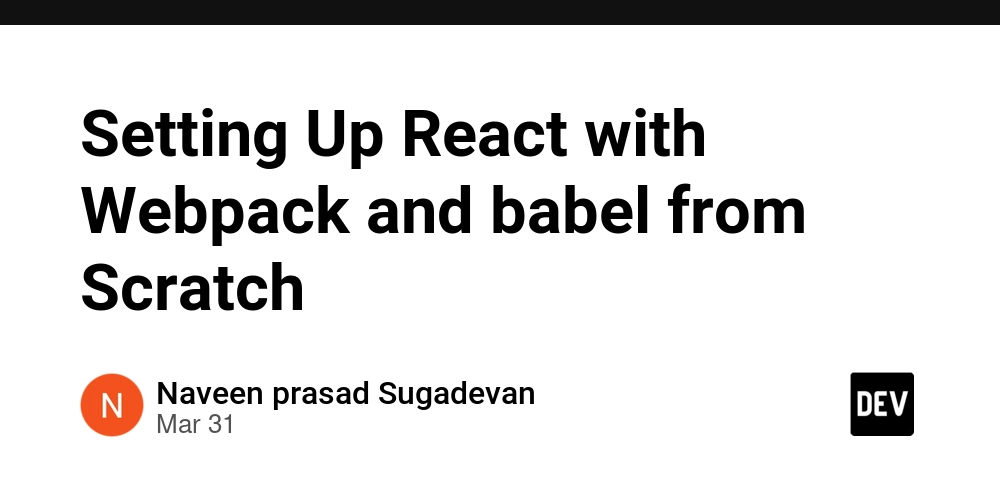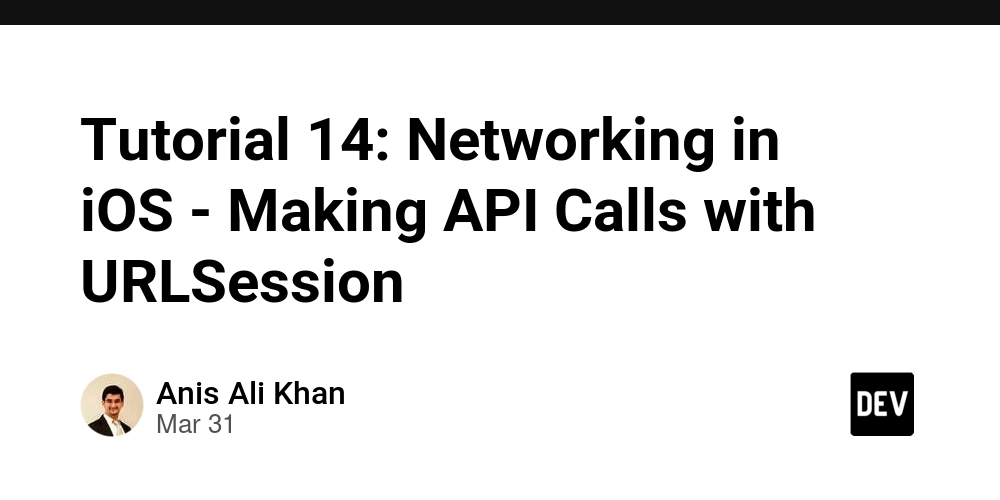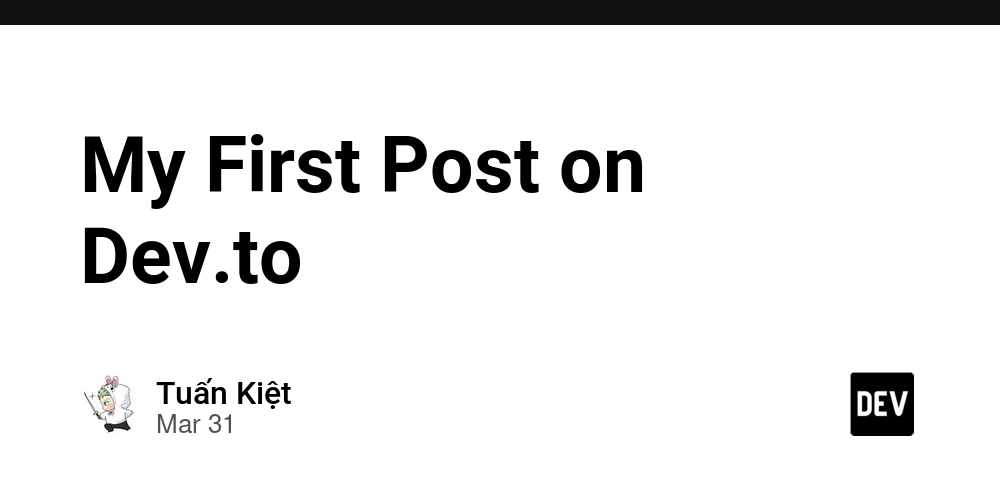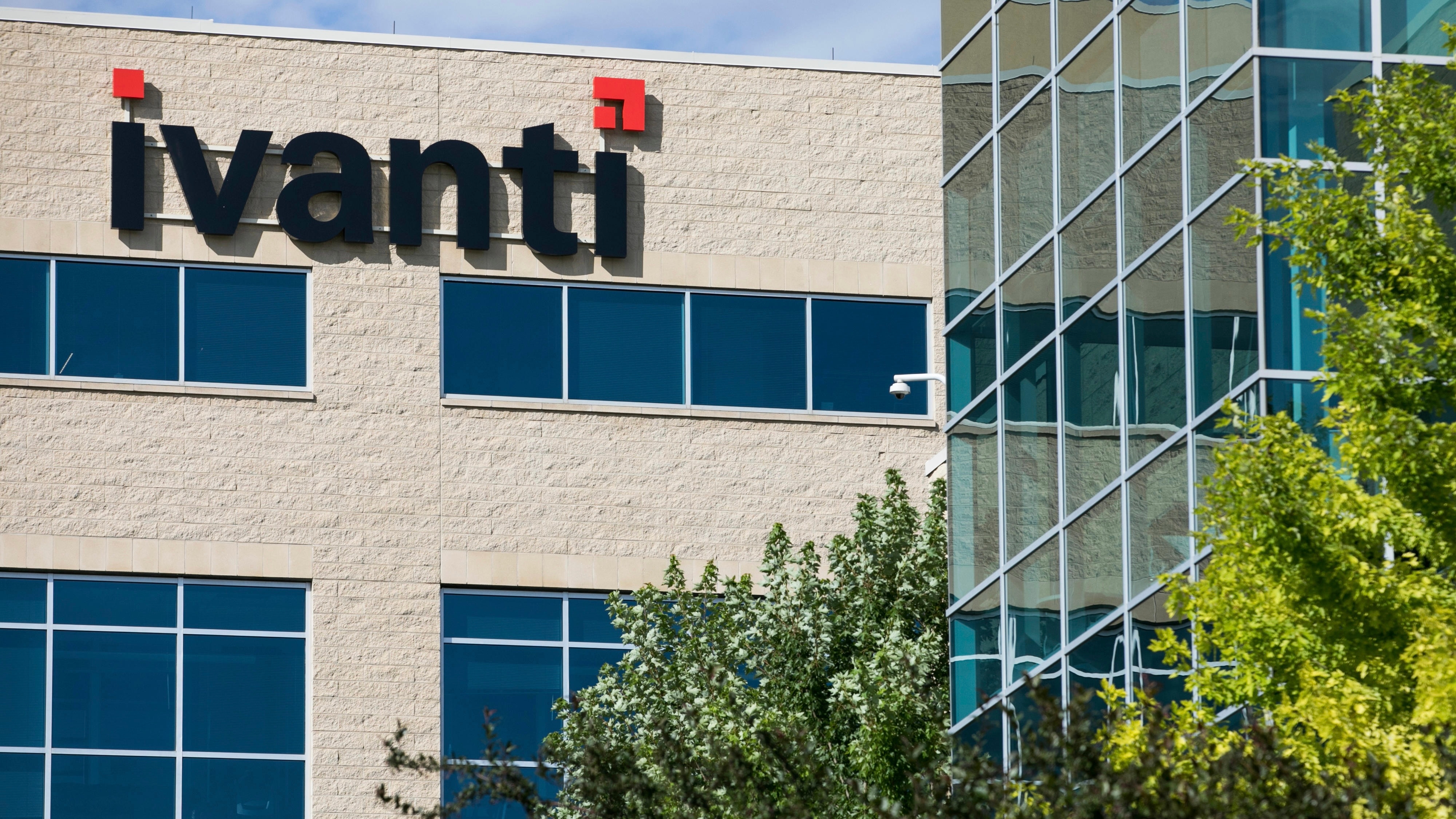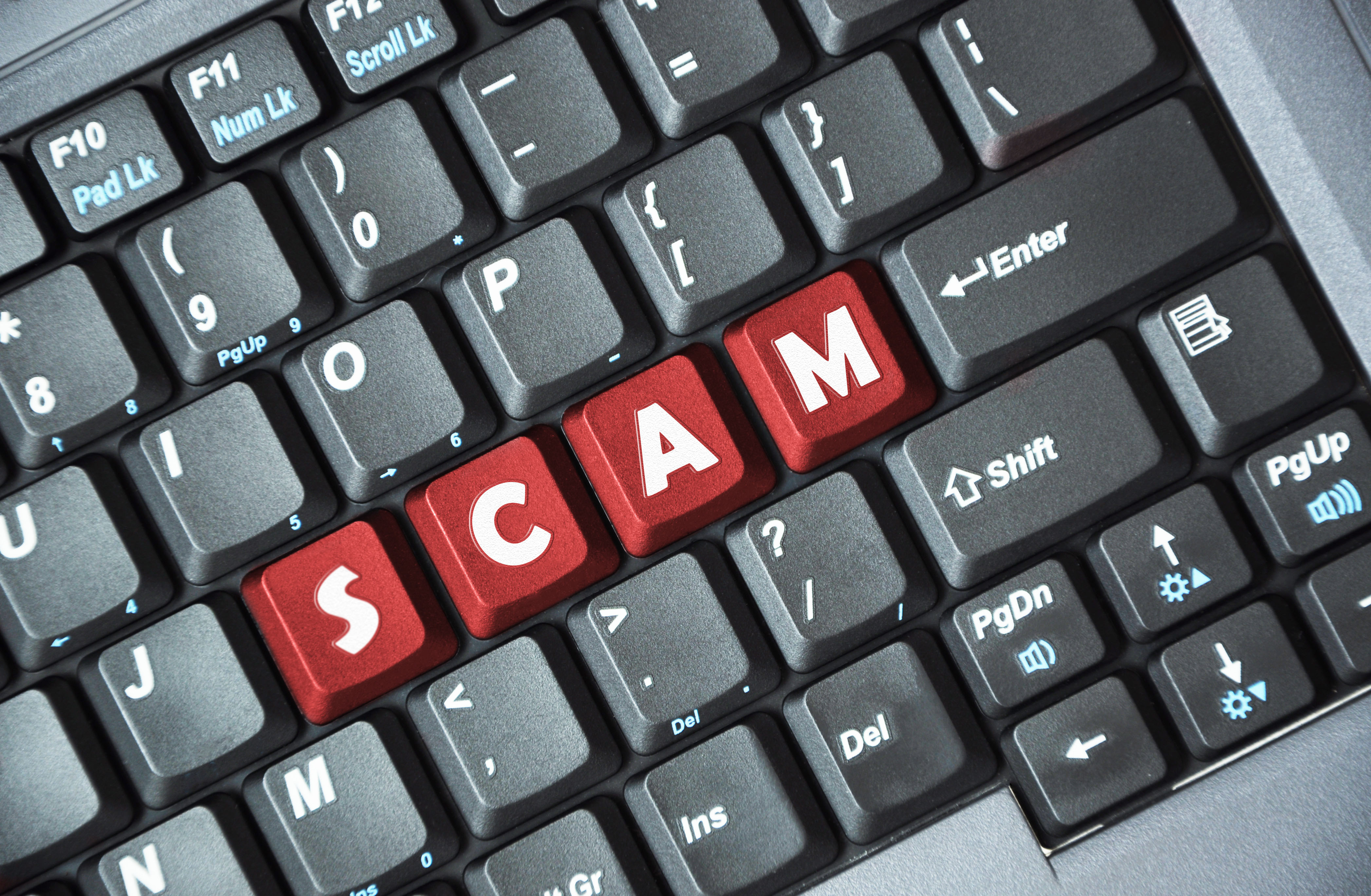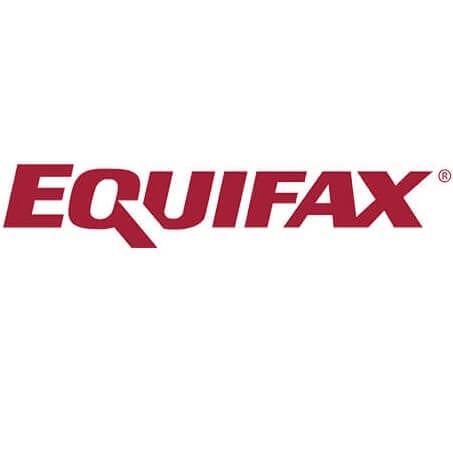Financial fraud in Canada: What to do if your bank account or credit card is compromised
Fraudsters can exploit victims through text, email and other means. What are your options if that happens? The post Financial fraud in Canada: What to do if your bank account or credit card is compromised appeared first on MoneySense.

Ask MoneySense
We have been defrauded of over $20,000 by someone who was able to make unauthorized e-transfers from our bank accounts. The bank has recovered a small portion of them, and it has refused responsibility for any more. I am at level three of the complaint process, and I am wondering how to proceed?
Do I need a lawyer now, before filing the new complaint?
My home insurance doesn’t cover anything. I have contacted the credit bureaus and I’m making a police report.
—William
How to deal with financial fraud
Sorry to hear about this situation, William. Any fraudulent activity in your financial accounts can be unnerving. But knowing someone was able to access your bank accounts directly is really intrusive.
Interac e-Transfer is generally a safe way to send money in Canada. “For every $100 spent across the Interac ecosystem, approximately $0.03 was lost to fraud in 2023,” according to Interac.
Regardless, fraud happens. E-Transfer fraudsters generally use text or email channels to exploit victims. Some examples of fraud in Canada include:
- Tax refund or government relief scams
A fraudulent “deposit” of an income tax refund or government financial support is sent to access banking information.
- Lottery scams
The fraudster requests the provision of sensitive information or a prepayment of an administration fee.
- Rental scams
Someone pretends to be collecting rent on behalf of your landlord or offers a nice apartment for rent at a low price and requests a deposit to secure it.
- Fraudulent sales
Typically through an online marketplace, someone may request prepayment for a hard-to-find or rare item and then never send it to the buyer.
- Relationship scams
Someone impersonates a family member, coworker or romantic interest and asks for money for an emergency.
- Work from home ads
An applicant is asked to prepay for supplies, training or some other work-related expense for a fake job.
- Hacking an email account
Scammers find emails containing security questions and answers, and then intercept Interac e-Transfers and deposit the funds to their own accounts.
If the fraudsters were able to send transfers directly from your account, William, it sounds like they were able to hack into your online banking. This may have been from a phishing text, email or website that tricked you into entering your bank login details and allowed the fraudsters to access your account afterwards.
Equifax Complete Protection
Equifax Complete Protection is a credit and cybersecurity protection service designed to help Canadians spot the signs of identity fraud faster.
- Provides daily credit monitoring and alerts
- Scans for your personal data on the dark web
- Social media monitoring by industry leader ZeroFox
Subscription price: $34.95 per month
How do you report bank account fraud?
According to the Canadian Anti-Fraud Centre (CAFC), the first things to do when you are a victim of fraud are:
- Contact your financial institutions
Put flags on all of your accounts, even at other financial institutions. You should change your passwords. - Contact the police
Report the incident to the police and update them on any further developments. - Report the incident
Contact Canada’s two credit bureaus: TransUnion and Equifax. You can consider credit monitoring that reports suspicious credit activity to you. You should also contact the CAFC by phone at 1-888-495-8501 or using its online fraud reporting system.
What do banks consider unauthorized transactions?
It sounds like you have done all the right things so far, William. As far as the bank’s responsibility, each financial institution may have different definitions of what constitutes an unauthorized transaction. You have to check your debit card or credit card agreements to see the terms, which could include restrictions on how long after the transaction occurred that the financial institution will take responsibility. That may be where you are running into trouble.
According to the Financial Consumer Agency of Canada (FCAC), you may be responsible for losses in cases when you:
- Use your date of birth or telephone number as your PIN.
- Shared your card’s PIN with someone, including a family member.
- Keep a written record of the PIN “in proximity to” the card, including writing your PIN on the back of the card.
- Did not report your card as being lost or stolen in the amount of time specified in your card agreement.
- Refuse to cooperate in an investigation of unauthorized use.
- Made fraudulent deposits with your card.
- Did not take the necessary steps to protect your pin.
If you haven’t had luck dealing with your bank directly, William, you can contact the Ombudsman for Banking Services and Investments at 1-888-451-4519 or ombudsman@obsi.ca.
You could speak with a bank fraud litigation lawyer to see if they can help. An initial consult might confirm whether you have a case or if there are further steps you can take.
Does home insurance cover identity theft?
Home insurance sometimes covers identify theft in Canada, but this cyberfraud situation is different. If you have spoken to your insurer and they are unable to help, there may not be an insurance solution for you.
Some Canadian banks and financial institutions offer alerts if a bank account or credit card transaction exceeds a certain limit. This might be one way to avoid large transactions that could put your accounts at more risk. Two-factor authentication (2FA), to the extent that it’s an option for your financial institution log-in, is another good practice.
In summary, William, it sounds like the fraudsters were able to access your account directly through your online banking. The terms of your debit card agreement might limit your ability to recover funds. I would continue to escalate the issue with the bank and file a complaint with the Ombudsman. It may be worthwhile speaking with a lawyer to at least see if they think there is a legal means to pursue things further beyond what you are already doing. I am sorry about your situation and wish you good luck with a resolution.
Get free MoneySense financial tips, news & advice in your inbox.
Read more about fraud and scams:
- 7 ways to protect yourself from ID theft
- Your ID was stolen, here’s what to expect
- How to protect your email account from scams and fraud
- 10 common crypto scams and how to avoid them
The post Financial fraud in Canada: What to do if your bank account or credit card is compromised appeared first on MoneySense.











